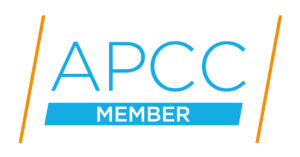Release Date: 31st January 2017
To access the original FCA document, click here.
Summary
The Financial Conduct Authority (FCA) has fined Deutsche Bank AG £163,076,224 for significant failings in its anti-money laundering (AML) control framework between 1 January 2012 and 31 December 2015. This fine, the largest ever for AML control failings by the FCA, highlights severe deficiencies that exposed the UK financial system to the risk of financial crime.
Deutsche Bank’s inadequate AML controls allowed unidentified customers to transfer approximately $10 billion from Russia to offshore accounts, indicative of financial crime. The FCA found that Deutsche Bank’s Corporate Banking and Securities division in the UK failed in several critical areas, including customer due diligence, Know Your Customer obligations, risk rating methodologies, AML policies, IT infrastructure, and oversight of trades.
Mark Steward, Director of Enforcement and Market Oversight at the FCA, emphasised the gravity of the bank’s failings, stating that Deutsche Bank’s inadequate AML framework facilitated financial crime and exposed the UK to significant risks. The fine reflects the seriousness of these failings, and firms are urged to review and enhance their AML procedures to prevent similar breaches.
Key Takeaways for Other Firms:
- Robust AML Controls: Implement and maintain a strong AML control framework.
- Customer Due Diligence: Ensure thorough due diligence and proper risk assessment processes.
- Effective Oversight: Provide adequate oversight of all trades, especially those involving high-risk jurisdictions.
- Compliance with AML Requirements: Regularly update and adhere to AML policies and procedures.
- Investment in AML Systems: Invest in automated systems to detect suspicious activities effectively.
- Staff Training: Ensure that front office and compliance staff are well-trained and aware of their AML responsibilities.
Deutsche Bank cooperated fully with the FCA’s investigation and has committed substantial resources to remediate the deficiencies in its AML controls. This case underscores the importance of robust AML frameworks and the FCA’s commitment to enforcing compliance to safeguard the financial system.
In conclusion, the FCA’s penalty on Deutsche Bank serves as a stark reminder of the critical need for effective AML controls. Firms must take proactive measures to ensure compliance and protect against financial crime.












